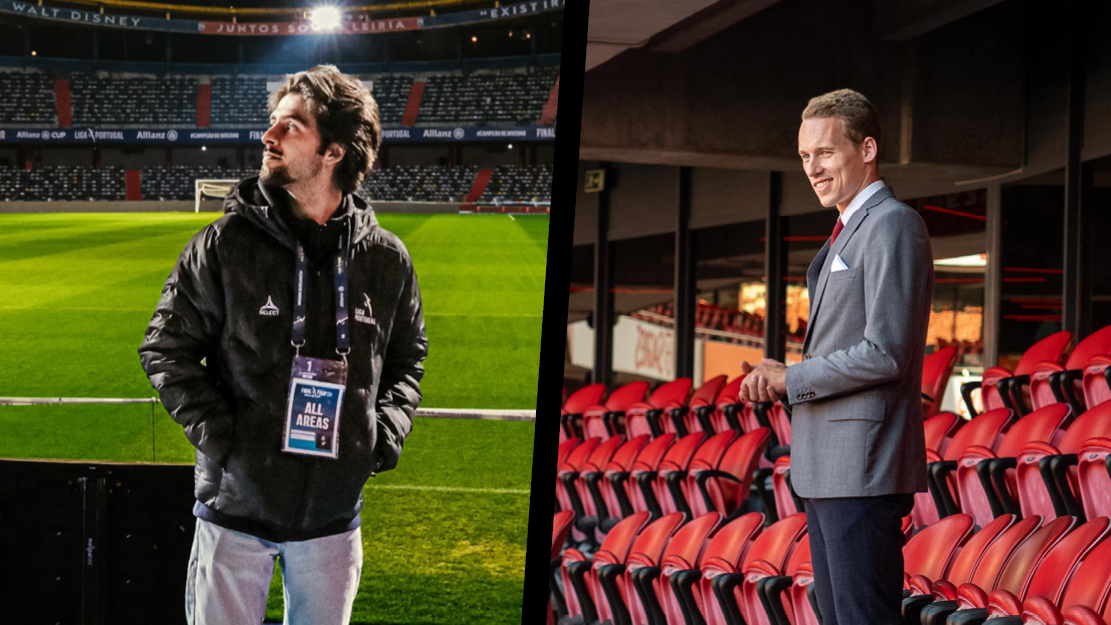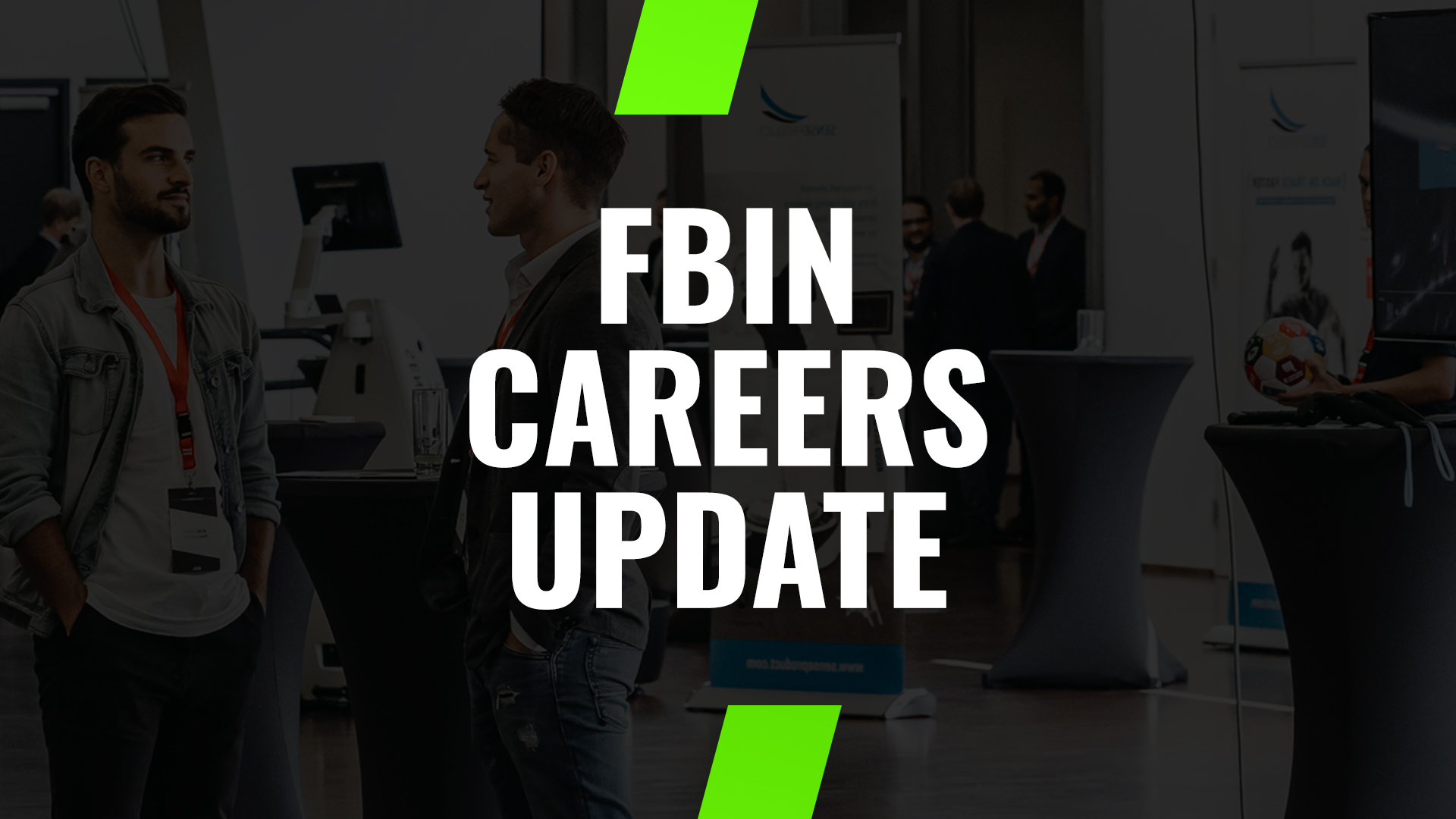In this episode, we discussed “Fan Engagement” with Marco Hjorth, Head of Customer Success at our FBIN Business Network member Crowdmanager, and Pedro Varejão Lopes, Digital Marketeer at Liga Portugal. We covered everything from defining different levels of fan engagement to emphasizing the importance of data. We also delved into the key factors that contribute to a successful digital activation campaign, using the Liga Portugal and Bwin case study as a prime example.
In what aspects can football clubs utilize the power of fans?
Marco: Football clubs can utilize the power of fans in 3 aspects. Firstly, they must balance commercial and sporting interests and leverage data management to personalize fans’ journeys. This will help identify the needs of paying customers and ensure they keep coming back. Secondly, fans create a crucial atmosphere during games and contribute to an unforgettable game experience. The need for fans’ support during games is evident both statistically and from an atmospheric perspective. Lastly, fans play an essential role in shaping a club’s identity and principles, and their support and expectations need to be taken into account. The Super League demonstrations were an excellent example of fans standing up for what they thought was right.
Who are “super fans” and how to maximize the value of these customers?
Marco: Super fans can be defined as highly valuable supporters who engage with the club on a regular basis. They are often active on social media, frequently comment and participate in discussions. Additionally, they typically hold season tickets and purchase club merchandise, including personalized jerseys. These fans are extremely loyal and represent a significant revenue stream for the club. However, there are multiple levels of fans, ranging from those who attend a single game per season to those who attend multiple games but are not as engaged on social media. It is crucial for a club or league to constantly strive to move fans up the pyramid toward the super-fan level.
Not all fan eyeballs are created equal! Super fans should be worth more, and organizations that can segment their community will be awarded greater valuation multiples by sponsors – Marco Hjorth
League vs. Club: How do their perspectives on fan engagement differ?
Pedro: Our job as a league is to promote every club. We gather data to communicate with fans and supporters and take them closer to their clubs. The key difference is that we treat every club equally, and our main goal is to connect as many fans as possible to their clubs. This means that a league’s approach to fan engagement is more centralized, and often involves coordinated efforts across all teams.
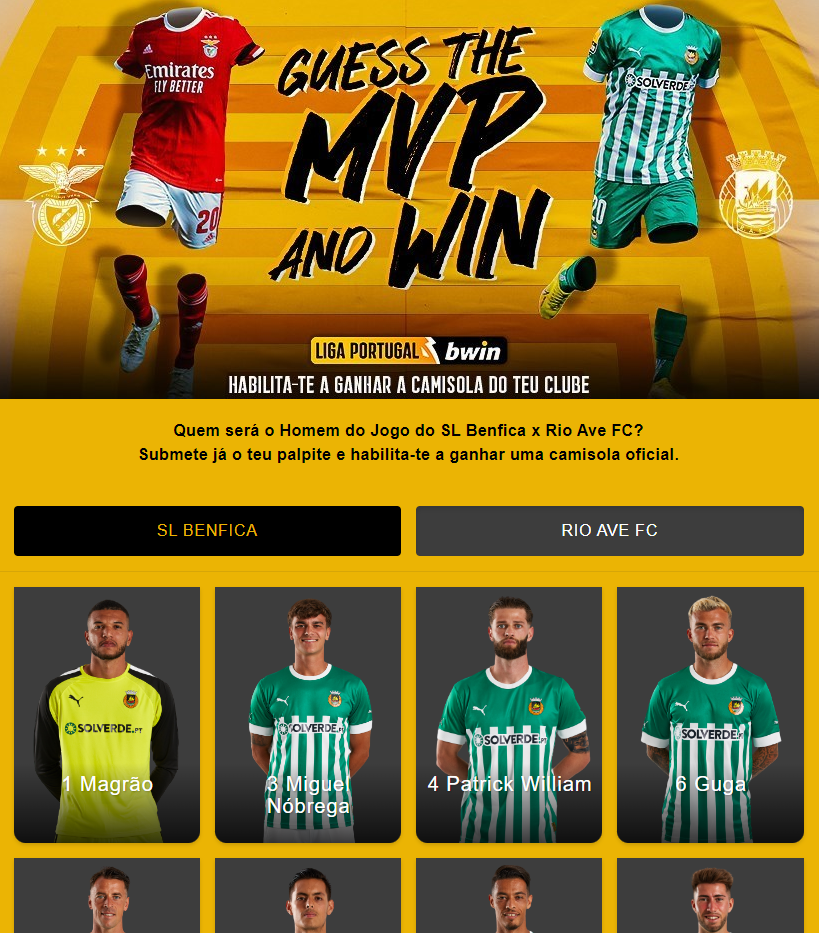
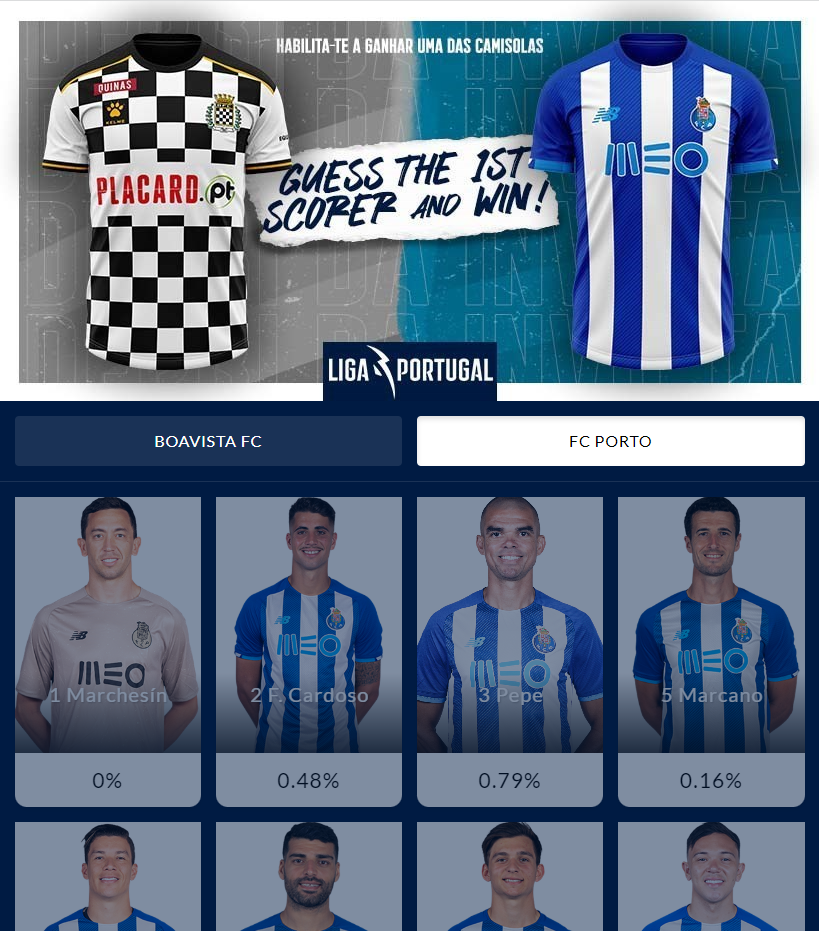
Would “Crowdsourcing/Fan-sourcing” be the future of fan engagement?
Pedro: I believe that crowdsourcing is an excellent way to enhance fan engagement because it allows you to tap into the creativity and motivations of your fan base. Rather than simply offering pre-defined experiences, crowdsourcing involves inviting supporters to participate in a collaborative process of innovation, problem-solving, and even decision-making. To achieve great results, it’s important to involve those you want to impress and bring closer to your organization.
Marco: I think crowdsourcing can be divided into three categories: crowdfunding, open innovation, and crowd testing. Firstly, crowdfunding is about generating funds through fans or campaigns to back up decisions as we saw with lower-league clubs during the pandemic. Secondly, regarding open innovation, we can capitalize on the creativity of fans to solve problems within the club. Thirdly, crowd-testing is about iterating solutions with fans by releasing beta versions of apps or products and getting feedback to continuously improve. Through constantly testing with fans and getting their input, clubs can stay ahead of the game in the market for the next five to ten years.
Would “too many cooks spoil the soup”?
Marco: In my experience working with different clubs around Europe, the success of crowdsourcing really depends on leadership. If there’s no leader who prioritizes fan engagement, it becomes difficult for anyone to practically execute any of these ideas. The ultimate goal is to include fans in the journey, but if the leader is constantly resisting, it becomes complicated to dedicate funds or resources to such projects. The challenge with crowdsourcing or deep fan engagement is often the return on investment, which can take years to realize.
How to best apply data analytics to fan engagement?
Marco: Needless to say, the role of data in football is undisputed, but we often fall into the trap of analysis paralysis where we have too much data and lose sight of what we’re actually measuring. The key is to have the right infrastructure in place to support the gathering, storing, and processing of data. However, it’s essential to ask ourselves why we’re collecting specific types of data and ensure that we have a clear purpose for it. Additionally, clubs that are able to combine creativity and data analytics will achieve better results.
Perdo: As a league, fan data is incredibly crucial for us as it dictates every campaign and strategy we launch. Our single-sign-on (SSO) service with Crowdmanager enables us to gather the most relevant and valuable data from fans, which allows us to provide personalized and customized content that creates value for them. The power of fan data allows us to generate more revenue by targeting marketing campaigns and merchandise sales to the right customers.
What are the success factors for a digital fan engagement campaign?
Marco: At Crowdmanager, we always operate with the 6 Ps:
- Planning – It’s always important to be proactive from the beginning. For example, Pedro and I were discussing the score predictor activation for BWIN many months before the season actually started
- Partner – Finding the right type of partner and aligning on the level of expectation between the club and what they both can expect in return
- Prizes – Always include a prize that the fans can win. We see more and more that experiences are what really trigger people, not physical things. Those money-cant-buy experiences are something that sticks in your heart forever
- Promotion – You always need to choose your channels wisely. Not all content is suitable for every platform. For example, some content may be more appropriate for your website than Facebook, while other content may be better suited for your newsletter.
- Personalization – You need to make it personal for the fans. As a fan, you want the club to speak to you, not all the millions of other fans
- Post-evaluation – Always sit down afterward and analyze how the campaign went
Check out the Case study: BWIN x Liga Portugal Activation Campaign (powered by Crowdmanager)

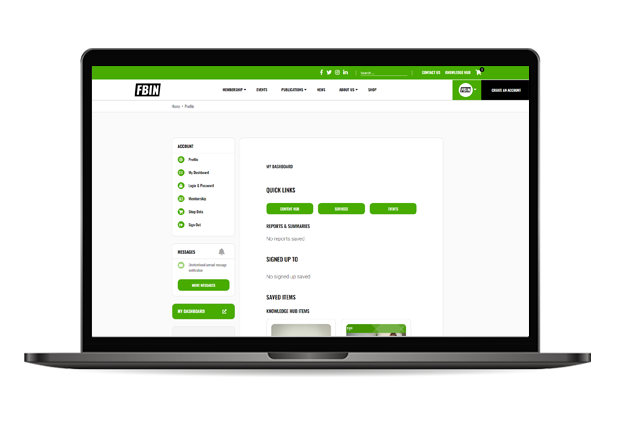
 Upgrade to Premium Now
Upgrade to Premium Now
